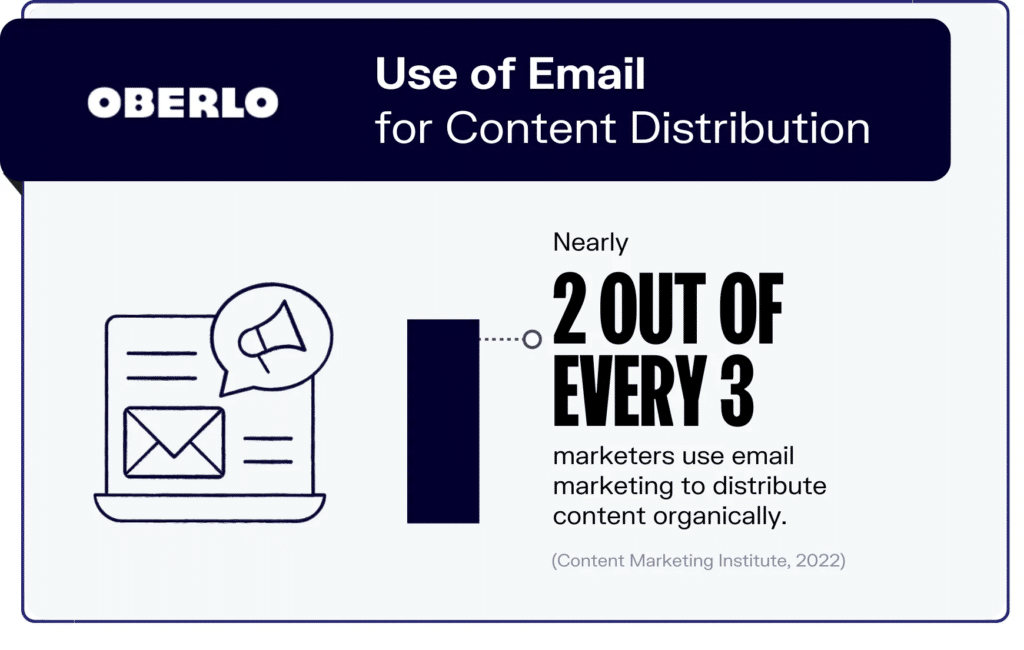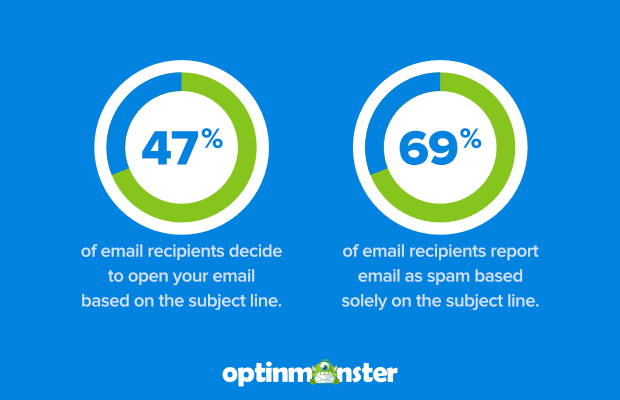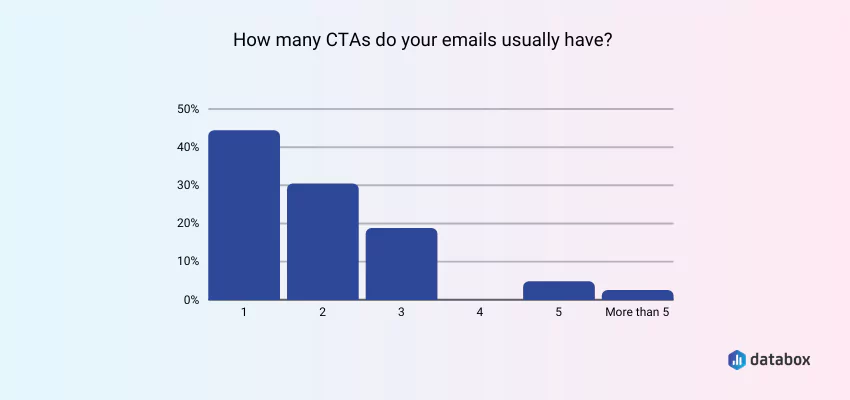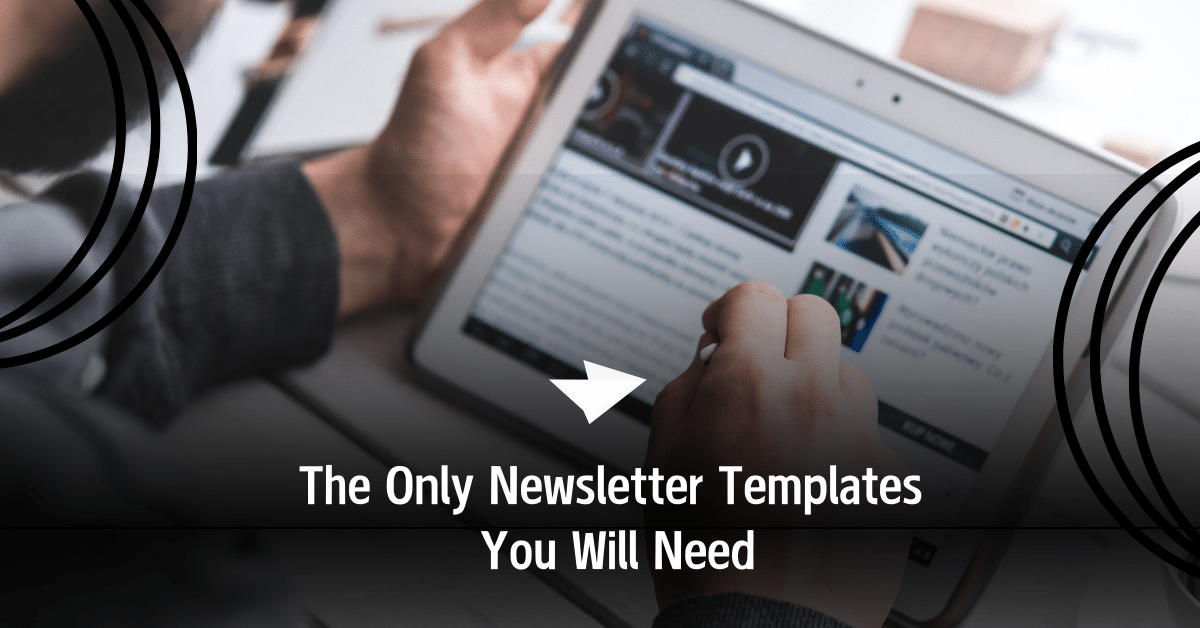Email newsletters are one of the most powerful tools in any marketer’s toolkit.
They allow businesses to connect directly with their audience, share valuable content, and build lasting relationships. However, creating the perfect newsletter can feel overwhelming, especially when you’re unsure of what type of newsletter to send or how to structure it.
We will walk you through everything you need to know about newsletter templates. From the different types of newsletters to their key components, you’ll learn how to create engaging and effective emails. By the end of this post, you’ll be ready to download one of our newsletter templates to get started.
The Different Types of Newsletters You Can Send
Not all newsletters are created equal. Depending on your goals and audience, you may need to craft different types of newsletters. Let’s explore some of the most common newsletter formats:
Blog Newsletter
If you’re running a blog, one of the best ways to keep your audience engaged is by sending a regular blog newsletter. This type of newsletter serves as a roundup of your latest blog posts. You can send it weekly, bi-weekly, or monthly, depending on how often you post new content.

Two out of every three marketers use email marketing to distribute content organically. This strategy is effective because it drives traffic to your website by encouraging subscribers to check out your newest articles. At the same time, it’s great for building thought leadership, SEO growth, and keeping your audience engaged.
To create a blog newsletter, follow this structure:
- Introduction: A brief note introducing what’s new on your blog.
- Featured Posts: Summarize each new blog post with a link to read more.
- Call to Action (CTA): Invite readers to visit your blog or share their thoughts.
News and Updates Newsletter
Newsletters focused on sharing important company updates, announcements, or industry news is essential for keeping your audience informed. Whether you’re announcing a new product, promoting an upcoming event, or providing insight into industry trends, this type of newsletter helps keep your audience informed about what’s happening in your business.
Ultimately, it builds transparency and trust with your audience by keeping them in the loop about important developments. It’s a must if you’re frequently hosting events, offering webinars, or simply want to share industry news.
To create newsletter templates for this type of email, follow this outline:
- Headline: Highlight the big news.
- Introduction: Give an overview of the news or update.
- Main Body: Provide detailed information about the announcement.
- Visuals: Add images or infographics to enhance understanding.
- Call to Action: Encourage readers to act, whether it’s attending an event, learning more about your product, or exploring further details on your website.
Promotional Newsletter
Promotional newsletters are designed to generate sales or leads. These newsletters focus on driving conversions by offering exclusive deals, discounts, product launches, or services. They’re more sales-focused than content-driven.
This is a great way to increase revenue because you can provide exclusive, time-sensitive deals to your audience. Plus, it encourages repeat purchases or service inquiries.
To create a promotional newsletter, follow this structure:
- Headline: Clearly promote the offer (e.g., 50% off this weekend only!”)
- Subheadline: Provide additional context about the offer.
- Main Body: Detail the promotion, the benefits of the product or service, and how customers can redeem the offer.
- Call to Action: Include a bold, clear call to action encouraging customers to take advantage of the promotion.
General Interest or Curated Content Newsletter
Sometimes the goal of a newsletter isn’t to promote something or update your audience on business matters. Rather, it’s simply to entertain, educate, or inspire. Curated content newsletters collect relevant articles, videos, or social media posts from around the web so they can be shared with your audience. You might include thought-provoking articles, interesting industry trends, or inspiring stories.
By sharing valuable and engaging content, you position yourself as a trusted source of information. These newsletters build rapport with your audience and keep your brand top-of-mind without overtly selling anything. Plus, they can be a great way to kickstart a conversation. Even better? Curated newsletters allow you to provide value without the heavy lifting of creating all new content.
To create newsletter templates for this type of email, follow this outline:
- Introduction: Set the tone and let readers know what kind of content to expect.
- Content: Summarize each piece of curated content with links to the original source.
- Closing Note: Wrap up with your thoughts or a CTA encouraging readers to explore more or engage with your brand on social media.
Newsletter Templates: What to Include for Maximum Impact
No matter what type of newsletter you send, the structure is key to its success. Let’s break down the main parts of a high-performing newsletter.
1. Subject Line
The subject line needs to grab your audience’s attention because it is the first thing they see. Whether it’s catchy, intriguing, or simply informative, make sure it conveys the value of opening the email. Keep it concise and compelling. It’s recommended to keep your subject line within 30-50 characters or 4-7 words.

According to OptinMonster, 47% of email recipients decide to open your email based on the subject line and about 69% of email recipients will report email as spam based solely on the subject line. So, choose wisely.
2. Preheader Text
The preheader text, or the preview snippet that appears alongside the subject line, is your second chance to entice readers to open the email. It should complement the subject line and provide additional context to what’s inside.
3. Header
The header is the visual and textual element at the top of your newsletter. It typically includes your logo and a headline that sets the tone for the content that follows. Keep it simple and on-brand so people can immediately identify the email as coming from your business.
4. Introduction
This is where you briefly explain the purpose of the newsletter. It could be an update on your latest blog posts, an exciting announcement, or a special offer. Keep the introduction short and engaging to encourage readers to scroll down.
5. Body Content
The body content is the heart of the newsletter. Depending on the type of newsletter, this section might include blog summaries, event details, product highlights, or curated content. Break up the text with visuals like images or graphics to make it visually appealing and easy to read.
6. Call to Action
Every newsletter should have a clear call to action that guides readers on what to do next. Whether it’s reading a blog post, checking out a product, signing up for an event, or taking advantage of a promotion, make sure your call to action is prominent and easy to click.

While you can certainly include multiple calls to action in your emails, your best bet is to focus on one. Data shows that 43% of marketing respondents opt for just one call to action. This way, you don’t risk confusing your audience or leaving them with too many options. Focus on the one action you want to take and make that your focal point as you wrap up the email.
7. Footer
Your footer is the final section of your newsletter. It often includes your contact information, social media links, and an unsubscribe button. It’s also a great place to include a secondary call to action, like inviting readers to engage with you on social media.
Download Your Free Newsletter Template
Ready to get started on your next newsletter? Try using customizable newsletter templates to make the job easier! We’ve created a template that you can download for free. It includes all the essential components we’ve discussed and is perfect for creating a professional, high-converting email.
Download: ExpressWritersNewsletterTemplate
Let Us Handle Your Email Marketing
Don’t settle for a cookie-cutter approach to your email marketing. A personalized, well-crafted newsletter will help you stand out in your audience’s inbox, increase engagement, and drive better results.
Let our team at Express Writers create a custom newsletter for your business that delivers real value. Whether you’re looking for ongoing email content or a one-time newsletter campaign, we can help.
Visit our Content Shop to check out our email writing service.
